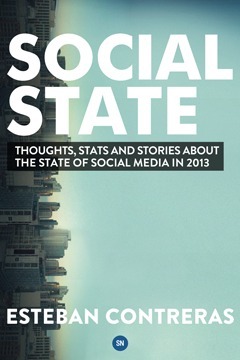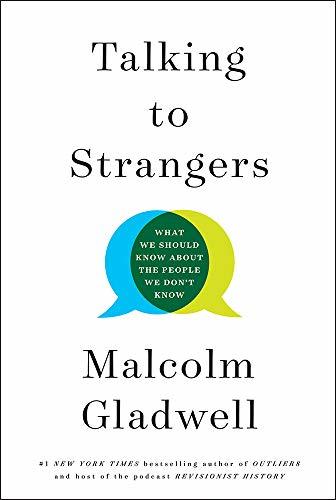
Everybody Lies: Big Data, New Data, and What the Internet Can Tell Us About Who We Really Are
Book Description
What if everything you thought you knew about human behavior was based on whispers, not truth? In "Everybody Lies," Seth Stephens-Davidowitz uncovers the raw, unfiltered insights hidden within the vast oceans of big data and internet searches. This thrilling exploration reveals the astonishing contradictions between our public personas and private desires, shining a light on the secrets we hide even from ourselves. From the depths of our darkest fears to the most innocuous curiosities, the book uncovers a stunning tapestry of who we truly are. What shocking truths will your online searches reveal?
Quick Book Summary
"Everybody Lies" by Seth Stephens-Davidowitz explores how the vast data generated by internet searches offers an uncensored glimpse into the hidden aspects of human behavior, revealing truths that people conceal in public or even from themselves. Relying on big data, especially Google searches, Stephens-Davidowitz demonstrates that what people do online—when they believe no one is watching—is often a better indicator of their true thoughts, fears, prejudices, and desires than polls or surveys. By analyzing data related to topics like sex, racism, health, and personal insecurities, the book demonstrates that traditional methods of understanding society are often unreliable. The result is a compelling case for leveraging internet data to uncover what really drives human behavior—showing us not only that everybody lies, but also exactly what those lies hide.
Summary of Key Ideas
Table of Contents
The Truth Revealed by Big Data
Stephens-Davidowitz begins by highlighting the revolutionary potential of big data, especially anonymous internet search data, to shed light on the real human psyche. Traditional surveys and self-reporting are inherently flawed because people lie, consciously or unconsciously, to conform to social expectations. However, the unguarded nature of internet searches reveals hidden fears, desires, biases, and behaviors. This raw stream of data invites a re-evaluation of what we accept as truth when trying to understand society at large.
The Gap Between Public Persona and Private Behavior
One of the core revelations comes from exploring the discrepancy between public personas and private thoughts. Online, people express anxieties and interests they’d never admit to in real life—searches about mental health, sexuality, and prejudices often spike in private spaces but are rarely discussed openly. The book uses numerous examples to demonstrate how these contradictions surface, painting a truer—and sometimes more disturbing—picture of society than public statements or official data ever could.
Limitations of Traditional Surveys
The limitations of traditional data collection methods become clear as Stephens-Davidowitz contrasts survey responses and social media posts with search data. He shows how polling regularly misfires due to respondents’ reluctance to reveal their true opinions. In contrast, the anonymity of the internet encourages honesty—sometimes disturbing in its candor but invaluable for researchers. The book discusses examples like racist sentiment and taboo interests, which are greatly underreported outside of online search logs.
How Data Can Address Societal Issues
The potential of big data to address societal issues is robustly explored. By accurately measuring and tracking what truly concerns people, targeted and effective interventions become possible. This data-driven approach leads to better policies in healthcare, education, and social justice, as it focuses on real (not reported) problems. The author explains how analysis of internet searches can track flu outbreaks more effectively than traditional methods and help identify communities most at risk for problems like child abuse or prejudice.
Ethical Challenges of Data Analysis
Ethical considerations of mining and interpreting this data, however, are significant. Stephens-Davidowitz addresses concerns about privacy, consent, and the risk of reinforcing harmful stereotypes or biases. While big data opens exciting new avenues for insight, it must be approached with responsibility and care, respecting individual rights and the potential societal impact of its use. The book ultimately argues for a balanced embrace of these new tools, urging us to proceed thoughtfully as we unlock the secrets everyone hides.
Download This Summary
Get a free PDF of this summary instantly — no email required.





